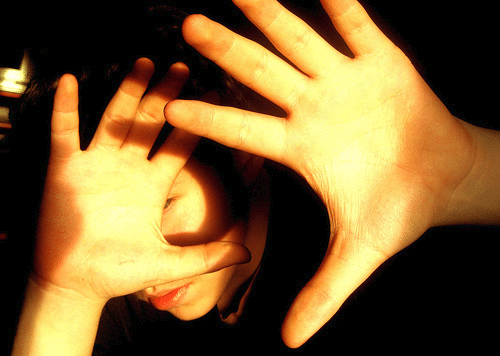Both Migraine and Vestibular Dysfunction affect a large percentage of the population, so it stands to reason that there is a subgroup of people that have both. I am not talking about vestibular migraine here. I am thinking about people with a long, established history of classic migraine headaches, that coincidentally suffer for a vestibular event such as BPPV or Vestibular Neuritis.
Do migrainuers suffer and recover differently from common vestibular disorders? I think they do, but I only have anecdotal evidence.
Think about how migrainuers overreact to motion and visual motion. Think about how they react to and very much dislike vestibular testing. Think about the high incidence of migraine in those diagnosed with Mal de De Barquement Syndrome, which is characterized by poorly adapting to repetitive motion on a boat, etc.. Why wouldn’t they have a more difficult time recovering from a vestibular disorder?
In 2000, Whitney et al published a study demonstrating the migrainuers with vestibular disorders do benefit from Physical Therapy, and that migrainuers show more improvement if their migraines are medically managed. Yet, they came away with the same question. Is there a difference between migrainuers and non-migrainuers in how they recover from vestibular injuries? The final word is still out on that one.
One particular patient comes to mind. She had a long history of marginally controlled migraine, then was diagnosed and treated for BPPV. By the time she got to us, she was no longer having positional vertigo (negative Dix-Hallpike), but she complained of ongoing motion intolerance, nausea and disorientation that started when the positional vertigo started. It makes me wonder if she had a maladaptation to the positional vertigo as a result of her migranous nature.







